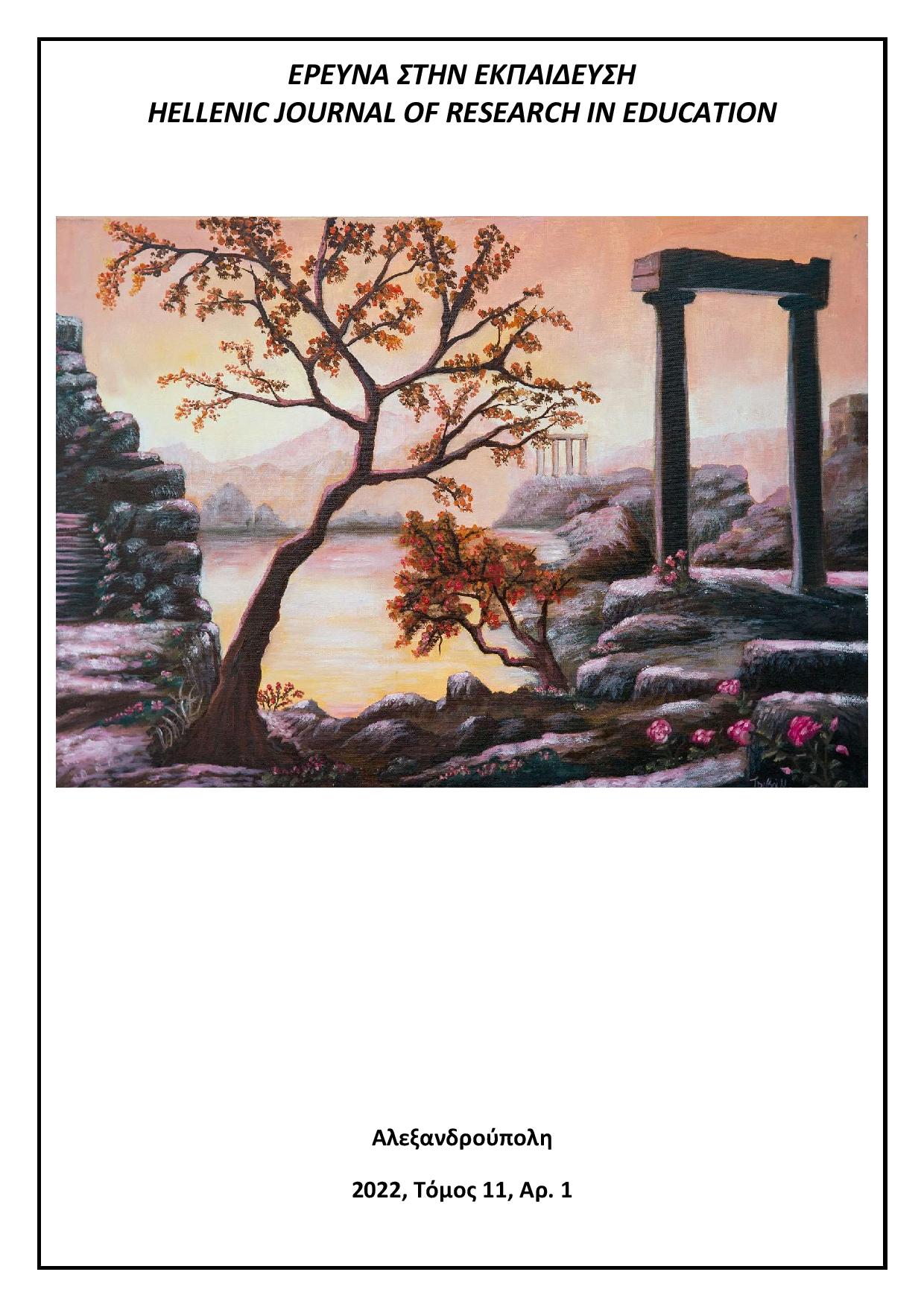Intercultural communication and inclusion of Roma children in education Parents' opinion

Abstract
Large part of the educational community considers the main reason of Roma students dropping out of school is the negative attitudes of their family towards school and education. At the same time, the parents of Roma children express dissatisfaction with the teachers and the education system, as their children are performing poorly in school. The aim of the present study was to investigate the reasons leading to this communication gap between teachers and parents of Roma students. The research method was qualitative with semi-structured interviews, in which ten parents of Roma students, between 2-8 years old, participated. The results indicate that, in the field of education, the Roma population has lower expectations than the dominant majority. Moreover, the communication proves to be complicated between Roma parents and the administrative staff of the schools, including teachers. However, it was evident that Roma parents acknowledge the value of education, and want their children to enjoy the opportunities they lacked of during their childhood and adolescence.
Article Details
- How to Cite
-
Mousena, E., Aggelidou, G., & Vasilopoulou, A. (2022). Intercultural communication and inclusion of Roma children in education: Parents’ opinion. Hellenic Journal of Research in Education, 11(1), 241–263. https://doi.org/10.12681/hjre.30001
- Issue
- Vol. 11 No. 1 (2022)
- Section
- Articles

This work is licensed under a Creative Commons Attribution-NonCommercial-ShareAlike 4.0 International License.
Authors who publish with this journal agree to the following terms:
- Authors retain copyright and grant the journal right of first publication with the work simultaneously licensed under a CC-BY-NC-SA that allows others to share the work with an acknowledgement of the work's authorship and initial publication in this journal.
- Authors are able to enter into separate, additional contractual arrangements for the non-exclusive distribution of the journal's published version of the work (e.g. post it to an institutional repository or publish it in a book), with an acknowledgement of its initial publication in this journal.
- Authors are permitted and encouraged to post their work online (preferably in institutional repositories or on their website) prior to and during the submission process, as it can lead to productive exchanges, as well as earlier and greater citation of published work (See The Effect of Open Access).


